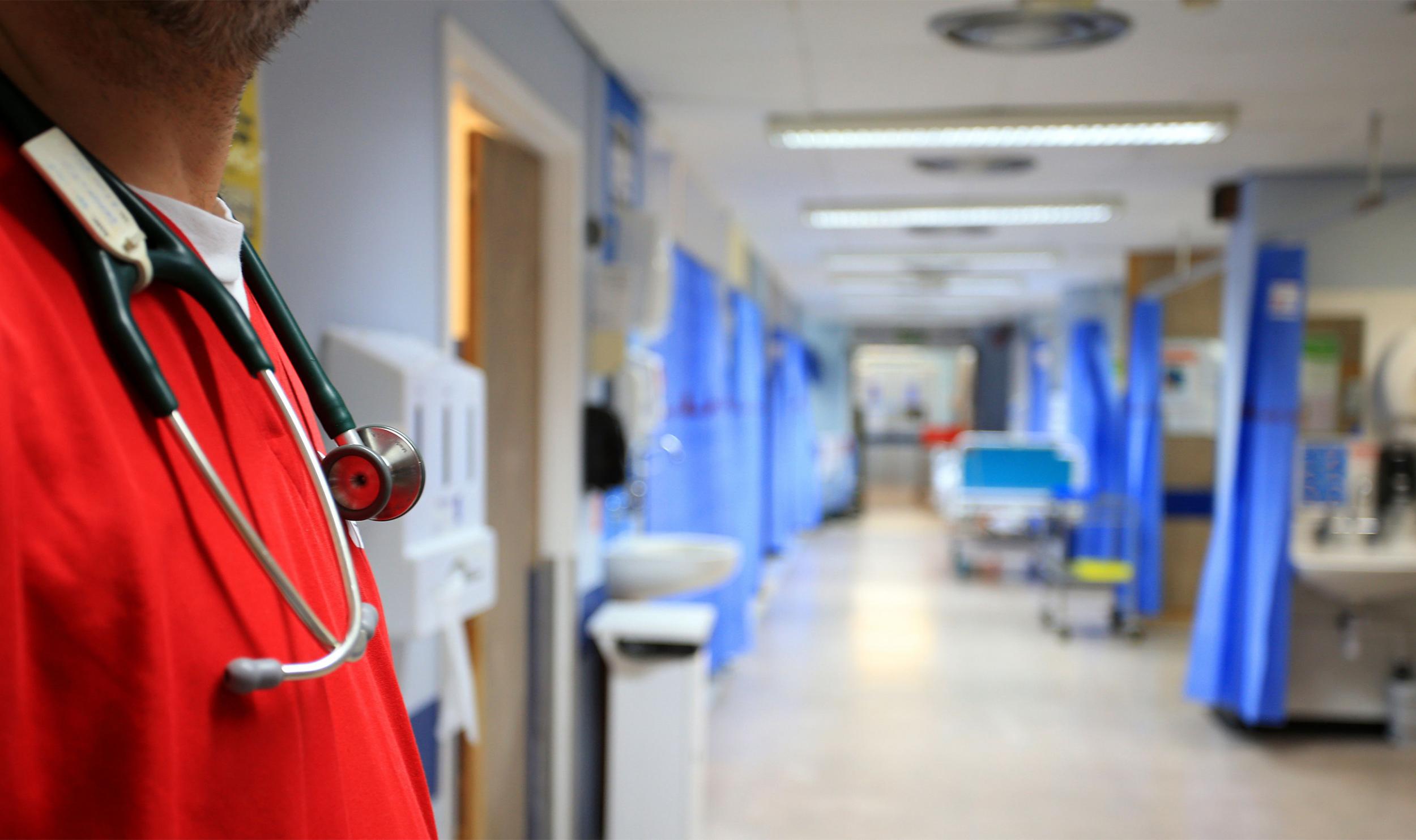Hospitals risk 'unnecessary suffering and death' by wrongly discharging patients, report finds
One woman said she would be 'haunted for the rest of her life' by the 'unnecessary suffering' her elderly mother went through following an unsafe discharge

Your support helps us to tell the story
From reproductive rights to climate change to Big Tech, The Independent is on the ground when the story is developing. Whether it's investigating the financials of Elon Musk's pro-Trump PAC or producing our latest documentary, 'The A Word', which shines a light on the American women fighting for reproductive rights, we know how important it is to parse out the facts from the messaging.
At such a critical moment in US history, we need reporters on the ground. Your donation allows us to keep sending journalists to speak to both sides of the story.
The Independent is trusted by Americans across the entire political spectrum. And unlike many other quality news outlets, we choose not to lock Americans out of our reporting and analysis with paywalls. We believe quality journalism should be available to everyone, paid for by those who can afford it.
Your support makes all the difference.NHS failure to discharge vulnerable people from hospitals safely is having a “harrowing impact” on patients’ lives and risks unnecessary suffering and death, a report has claimed.
The report, compiled by the Parliamentary and Health Service Ombudsman, has concluded “peoples’ deaths or suffering could have been prevented if hospitals carried out the right checks before discharging people”. The report found that vulnerable patients including very elderly people have been released without their families or carers being informed, meaning that they are left alone without any support. Other patients have been released without appropriate assessments being undertaken and have died within hours or returning to their homes.
Last year 221 complaints were submitted to the Ombudsman regarding NHS discharge procedures, an increase by a third upon the previous year.
One case criticised by the Ombudsman involved an 85-year-old woman suffering from dementia who was taken to hospital after experiencing vaginal bleeding. She was discharged from hospital at 11pm and sent to a care home, without family members being informed. The following morning, her daughter found her after she had been left overnight with no food, drink or bedding, unable to care for herself or go to the toilet.
In another case, an 84-year-old woman was discharged “to an empty home and in a confused state” with a catheter still inserted. The woman lived alone and had no family living nearby. A concerned neighbour found her and contacted the hospital who subsequently arranged for an ambulance to come and return her to the hospital.
One woman described how she “begged” a hospital to allow her ill husband to stay for treatment but was told they “needed the bed” and discharged him despite. He collapsed soon after he arrived in the couples’ home.
Another woman described how she continues to suffer from nightmares and will be “haunted for the rest of my life” by unnecessary suffering her elderly mother went through following an inappropriate discharge.
Katherine Murphy, Chief Executive of Patients Association, welcomed the report but said that more must be done to ensure independent, thorough investigations were conducted where concerns over hospital discharges are raised. She told The Independent: “It is simply unacceptable if patients are being discharged without their family knowing or late at night, especially if they are elderly or vulnerable patients. The decision to discharge a patient must be done on the basis of the patient being ready to leave the hospital, rather than on the hospital requiring a bed. Patients need to be treated with care, compassion and dignity.”
A spokesperson for NHS Improvement told The Independent:“Patients should never be discharged from hospital without the appropriate safeguards in place and without families having been informed.
“Better discharge processes, such as those being worked on by NHS Improvement's Emergency Care Improvement Programme to support local health systems to make improvements, will result in vulnerable patients being protected whilst reducing potentially harmful delays in appropriately discharging those who are medically fit.
“Rather than frail elderly people staying in hospital longer than they need to, it is better to get patients home as quickly as possible and to assess them in their own homes rather than in a hospital - but this must be done with the right help and support in place.”
Join our commenting forum
Join thought-provoking conversations, follow other Independent readers and see their replies
Comments